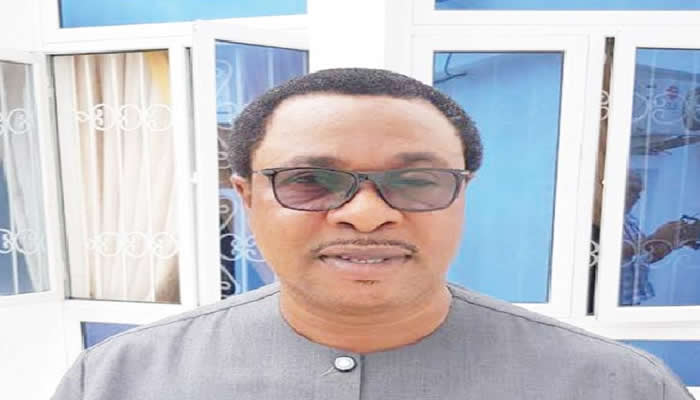The re-election of Tonobok Okowa as President of the Athletics Federation of Nigeria (AFN) for a second term was marked by controversy and a lack of genuine competition. Okowa’s victory, secured with 42 votes as the sole candidate, followed the withdrawal and disqualification of all other contenders. This uncontested election, while confirming Okowa’s leadership, highlighted the deep-seated factionalism and power struggles that have plagued the AFN in recent times. Instead of a vibrant exchange of ideas and visions for the future of Nigerian athletics, the election process became a stage for political maneuvering and personal ambitions, a reflection of the internal conflicts that have hampered the federation’s effectiveness.
The absence of competing candidates and the circumstances surrounding their removal raise serious questions about the democratic processes within the AFN. While Okowa’s supporters may view his re-election as a mandate for stability, critics argue that it underscores a lack of transparency and inclusivity within the federation. The pre-election period was characterized by accusations of manipulation and a silencing of dissenting voices, creating an environment where genuine competition was stifled. This lack of open contestation not only weakens the democratic foundations of the AFN but also raises concerns about the potential for unchecked power and the marginalization of alternative perspectives.
Despite the contentious election process, stakeholders within Nigerian athletics have expressed cautious optimism, hoping that Okowa’s second term will usher in an era of reform and reconciliation. Former athletes and officials have called for a shift in focus, urging the new board to prioritize the needs of athletes and coaches, promoting professionalism and adherence to established rules. The emphasis on unity and cooperation suggests a recognition of the damage caused by internal divisions and a desire to move beyond the conflicts that have overshadowed the federation’s operations. The success of Okowa’s second term will depend on his ability to bridge the divides within the AFN and build a consensus around a shared vision for the future of Nigerian athletics.
Okowa, in his post-election address, echoed the calls for unity and pledged to restore credibility to the federation. He outlined a reform agenda aimed at stabilizing the sport and addressing the underlying issues that have contributed to the AFN’s internal struggles. The appointment of trusted allies to key positions within the federation signals Okowa’s intent to consolidate his power and implement his vision for Nigerian athletics. However, this approach also carries the risk of perpetuating the existing power dynamics and failing to address the concerns of marginalized groups within the federation. The true test of Okowa’s leadership will lie in his ability to translate his rhetoric of unity into concrete actions that foster inclusivity and transparency.
The National Sports Commission (NSC), recognizing the importance of athletics to Nigeria’s sporting identity, has emphasized the need for transparent governance within the AFN. The NSC’s Director-General, Bukola Olopade, stressed that the federation’s performance will directly impact the success of the “Renewed Hope Sports Mandate” entrusted to the Commission by the presidency. This statement underscores the significance of the AFN’s role within the broader context of Nigerian sports and the high stakes associated with its success or failure. The NSC’s scrutiny of the AFN’s operations adds another layer of accountability and reinforces the expectation that the federation will adhere to the highest standards of governance.
The future of Nigerian athletics hinges on the ability of the AFN, under Okowa’s leadership, to address the deep-rooted challenges that have hindered its progress. The uncontested election, while raising concerns about democratic processes, also presents an opportunity for a fresh start. Okowa has the chance to build a more inclusive and transparent federation, one that prioritizes the needs of athletes and coaches and works towards a shared vision for success. The success of his second term will be measured not only by the performance of Nigerian athletes on the international stage but also by the federation’s ability to overcome internal divisions and establish a culture of good governance. The challenge for Okowa is to move beyond the rhetoric of unity and implement concrete reforms that address the underlying issues that have plagued the AFN, creating a more stable and effective organization capable of realizing the full potential of Nigerian athletics.


